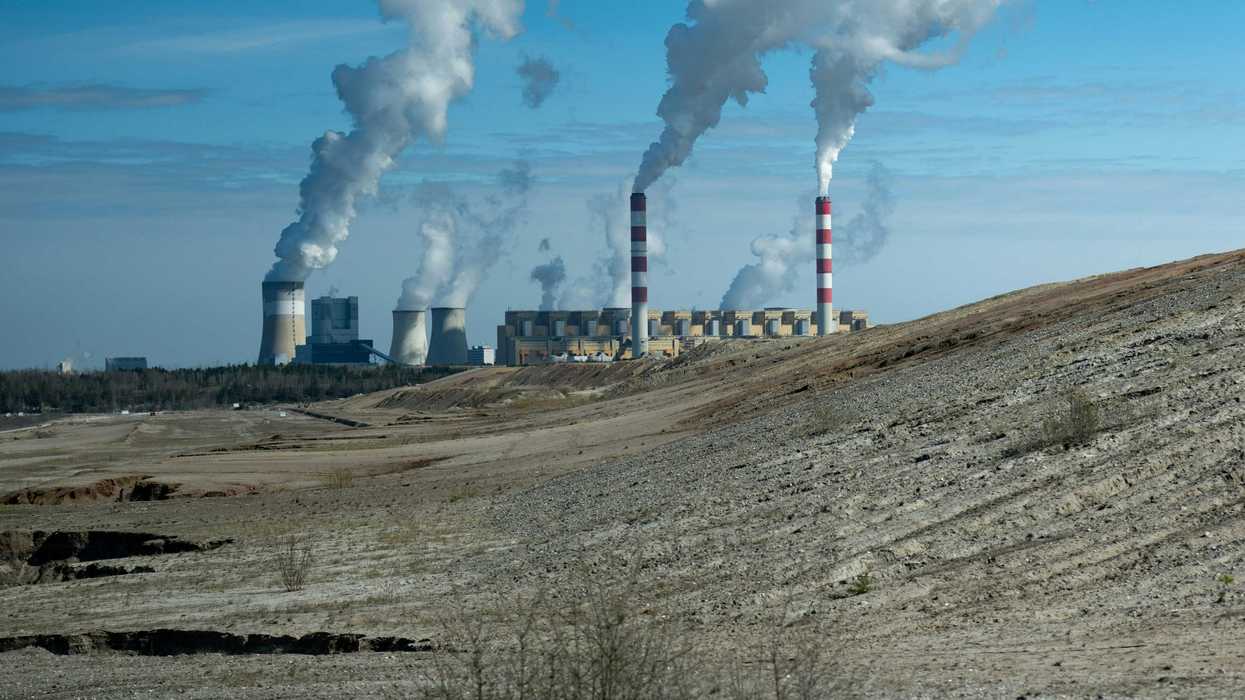As President Trump’s energy policies shift federal hydrogen funding toward fossil fuel projects, Pennsylvania’s ambitions for a renewable-powered hydrogen hub face major setbacks, with companies withdrawing and local plans unraveling.
Audrey Carleton reports for Capital & Main.
In short:
- The Department of Energy, under Trump, plans to defund four clean energy hydrogen hubs in Democratic-leaning states while maintaining funding for fossil fuel-based hubs in Republican states.
- Pennsylvania’s natural gas company CNX paused involvement in the ARCH2 hydrogen hub project after federal funding uncertainty, reflecting broader industry instability.
- Environmentalists warn that favoring fossil fuel hydrogen projects undermines efforts to create a truly clean energy economy, with former coal and gas towns now facing renewed economic uncertainty.
Key quote:
“The hydrogen hubs program was intended to spur innovations and demonstrations on how best to advance hydrogen as a tool in the clean energy economy. Blatantly co-opting these funds for use as handouts to political supporters and favored polluters would be shameful, and fully undermine the program’s ability to achieve those aims.”
— Julie McNamara, associate policy director for the Climate & Energy program at the Union of Concerned Scientists
Why this matters:
The future of hydrogen energy sits at a critical intersection of climate, economy, and politics. Hydrogen, especially when produced with renewable energy, holds the potential to power industries and transportation with minimal carbon emissions. However, producing hydrogen from fossil fuels like methane can negate these benefits by introducing more greenhouse gases into the atmosphere. Favoring fossil fuel-powered hydrogen production risks creating a network of projects that increase pollution rather than reduce it, undermining climate goals and public health protections. In states like Pennsylvania, where communities have long grappled with the health and economic fallout of coal and gas extraction, these decisions could prolong environmental harm and delay the transition to cleaner industries.
Related EHN coverage:














